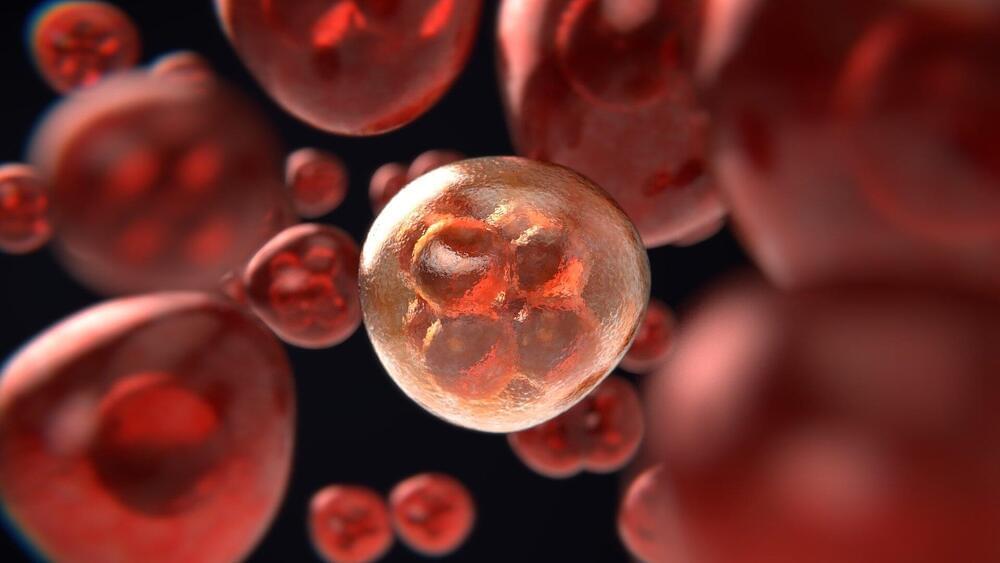Cancer spreads throughout the human body in cunning, almost militaristic, ways. For example, it can manipulate our genetic make-up, take over specific cell-to-cell signaling processes, and mutate key enzymes to promote tumor growth, resist therapies, and hasten its spread from the original site to the bloodstream or other organs.
Enzyme mutations have been of great interest to scientists who study cancer. Scientists in the Liu and Tan labs at UNC’s Lineberger Comprehensive Cancer Center have been studying mutations of enzyme recognition motifs in substrates, which may more faithfully reflect enzyme function with the potential to find new targets or directions for cancer treatment.
“We think understanding the roles of mutations on enzyme substrates, instead of the enzyme as a whole, may help to improve efficacy of targeted therapies, especially for enzymes that have both oncogenic and tumor suppressive function through controlling distinct subsets of substrates,” said Jianfeng Chen, Ph.D., who is first author and a postdoctoral fellow in the Liu lab in the UNC Department of Biochemistry and Biophysics.
